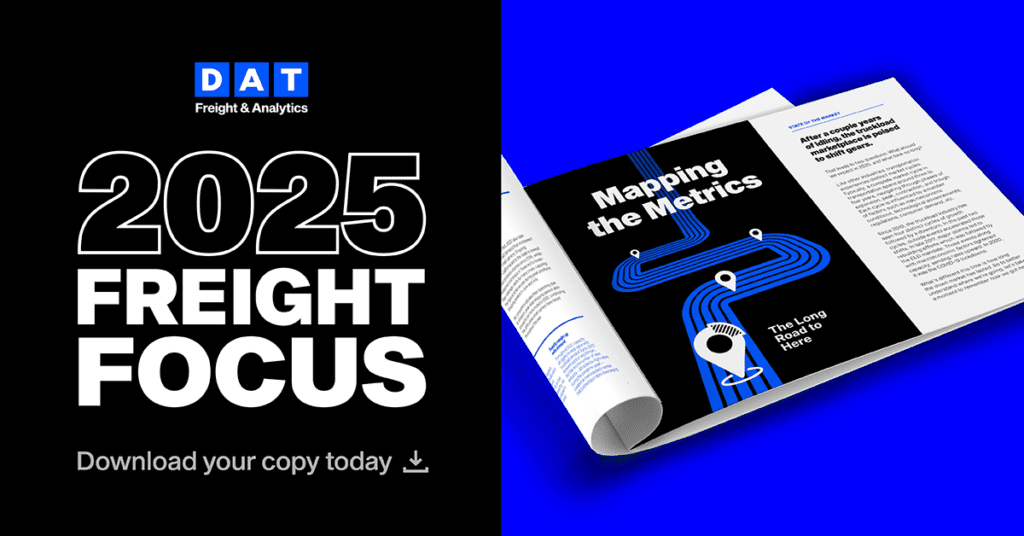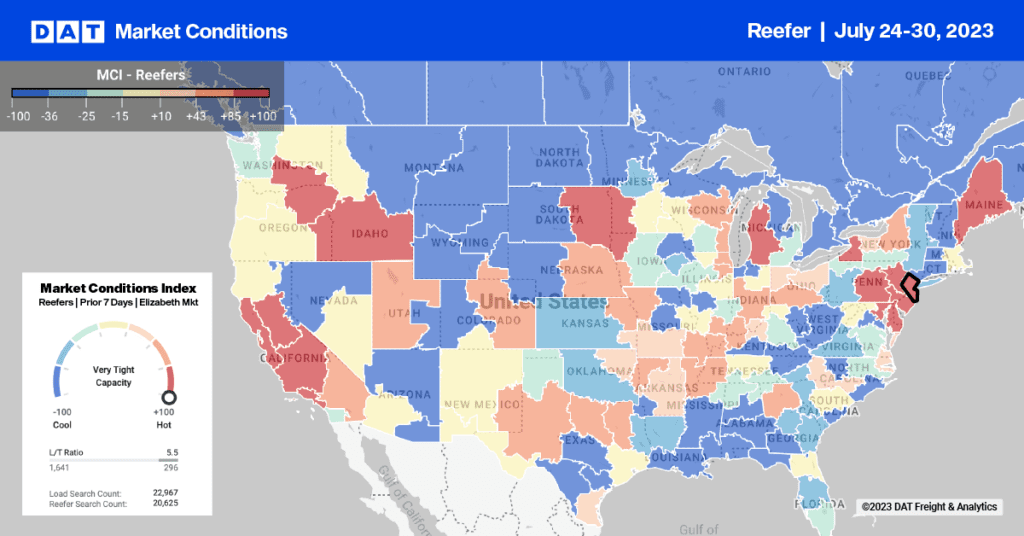Motor Carrier Protection Act of 2010
Summary of Major Provisions, excerpted from the web site of Senator Olympia Snowe
- Increases the broker bond from $10,000 to $100,000 and applies the bonding requirement to freight forwarders.
- Establishes stricter requirements for entities seeking broker/forwarder authority as well as specific guidelines from FMCSA’s review of authority applicants and applications.
- Establishes strict penalties for violations including unlimited liability for freight charges for brokerage activities without a license or bond. Authorizes private damages remedies against companies who violate FMCSA regulations.
- Establishes an annual registration requirement to renew broker/forwarder operating authority and generate revenue for FMCSA enforcement. Requires FMCSA to revoke operating authority that is not renewed annually.
- Establishes strict regulations on bond providers and the manner in which bonds are administered.
- Clarifies that motor carriers must have a broker’s or forwarder’s license and bond to put freight on another carrier for compensation.
- Requires separate registration numbers per authority, and that whatever authority is used in a transaction must be stated in writing.
Note: Both the Transportation Intermediaries Association (TIA) and the Owner-Operators and Independent Drivers Association (OOIDA) have expressed support for the proposed legislation, according to an article that appeared in the Journal of Commerce on June 17, 2010.


